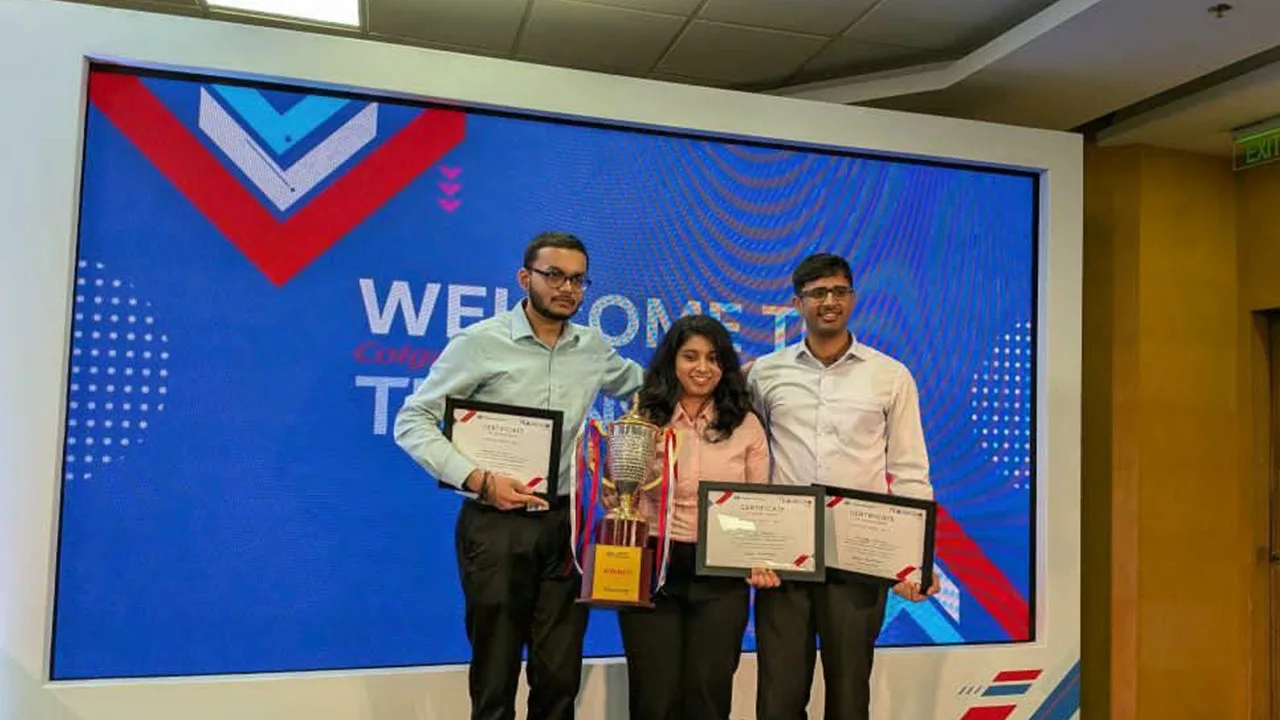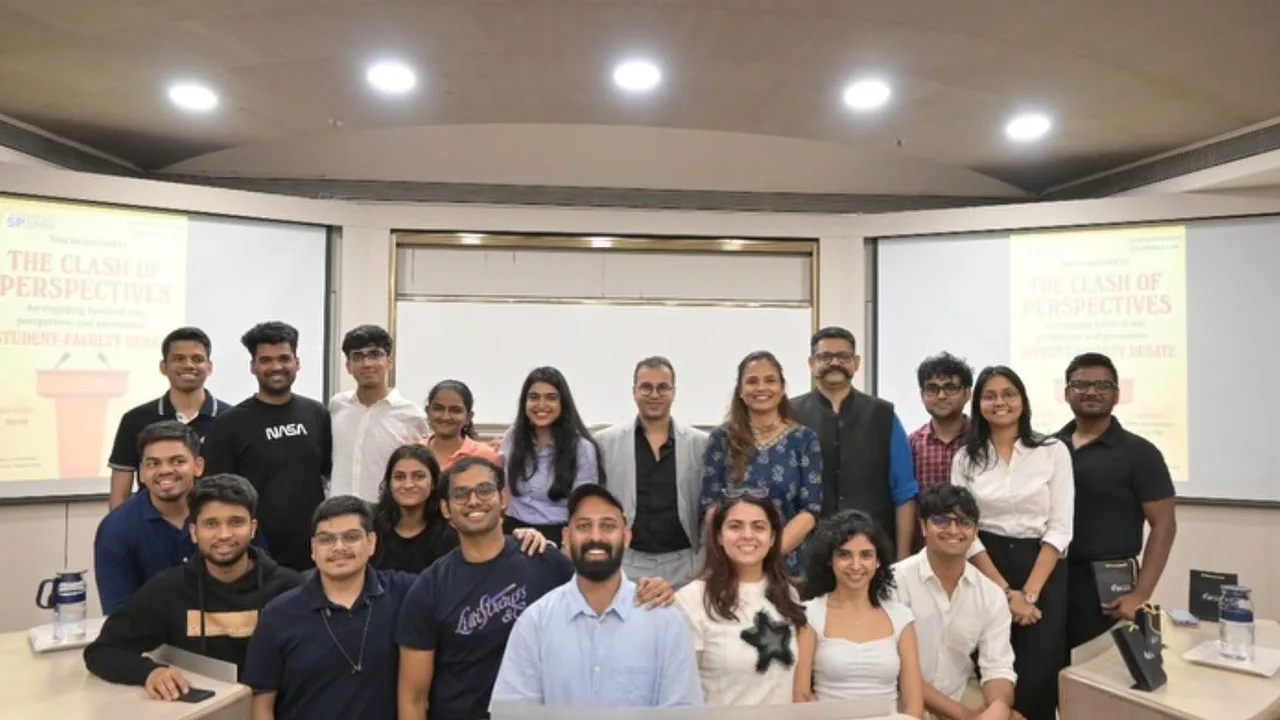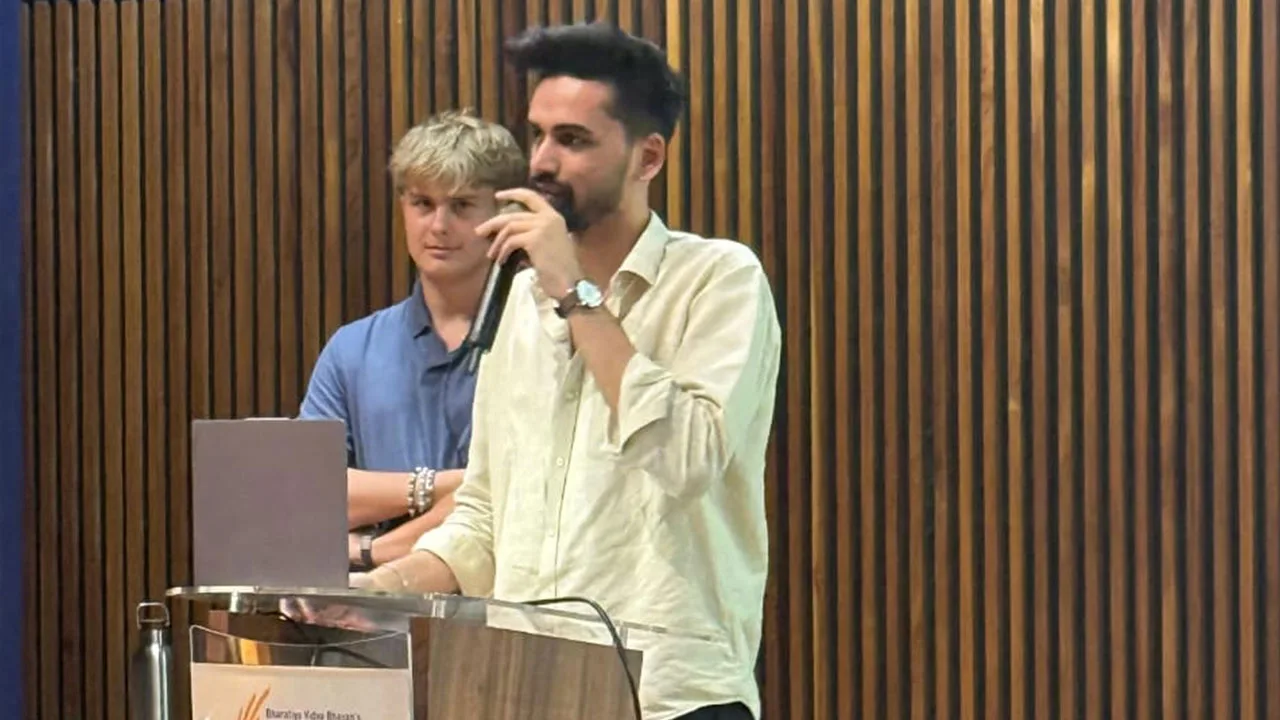Find the programme that meets your requirements and aspirations.
Apply nowStudent blogs
- SPJIMR
- Blog
- #CorePrinciplesOfResponsiblePM: With great products comes great responsibility!
#CorePrinciplesOfResponsiblePM: With great products comes great responsibility!

We live in a world where our smartphones have become our best friends, keeping us hooked throughout the day with short bursts of ‘happiness’ on our favourite content platforms. Tech, designed to keep us hooked, has reshaped our habits, often at the cost of our focus, mental health, and real-world connections. The pandemic played an assist in this narrative, but as screen addiction grows, it’s high time to adopt solutions that help us regain control. Most of us have started our journey of eating healthy, and it’s time that we also pay attention to the data that we are feeding to our brains. In my opinion, digital well-being is going to be equally important as the attention we pay to our physical health. That’s where the role of a responsible product manager comes in as our friendly doc.
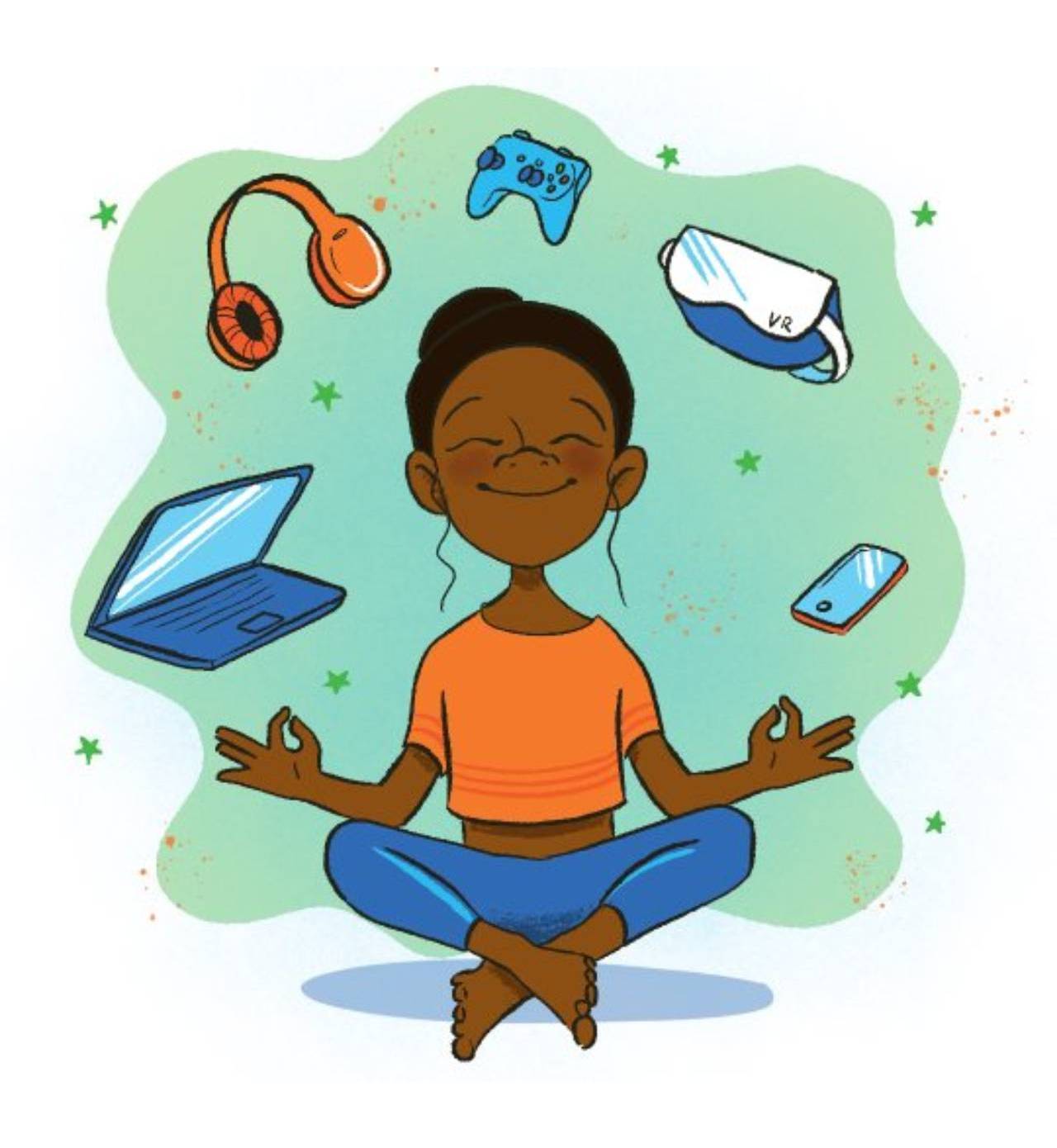
Responsible product management, in my view, is not a limitation but an opportunity to build success through trusted user relations. Product managers should don the hat of ethical guardians, who are required to balance innovation with responsibility across every stage of the product lifecycle. Here are some of my key takeaways as a future responsible product manager:
- Design for the user, not for profit: User-centred design prioritises the needs, experiences, and well-being of users, creating products that are intuitive, ethical, and beneficial. Instead of prioritising ad revenue from data tracking, Apple gave users control over their privacy by requiring apps to request permission before tracking them. This move hurt ad profits but reinforced user trust and data security, ensuring long-term loyalty.
- Transparency is a win-win: Transparency and trust are key to responsible product management, ensuring users are aware of any possible hiccups. Dark patterns may cause short-term gains but result in massive churn when realisation hits users. Zerodha plays its transparency card by warning users of stocks that are illiquid or may be under surveillance before purchase, thereby reinforcing trust in the platform.
- Privacy over everything: Privacy-centric product design keeps users’ data secure, not mined for profit. Brave Browser is one such example, which has disruptive ad blocking as its default position compared to traditional browsers that sell user information. With its pre-installed privacy features, anonymous browsing, and an ad model opt-in, Brave takes control from the companies and puts the users in charge of their data while showing how the privacy-centric principle can result in trust while also giving them the choice of personalisation via data sharing.
- Encourage mindful usage: Thoughtful product design focuses on prioritising long-term health over maximising engagement. Instead of exploiting attention, it promotes careful use of technology, reducing digital addiction and optimising focus and mental well-being. More digital products and ecosystems should do so in the future to ensure long-term user loyalty and position their brand as responsible creators.
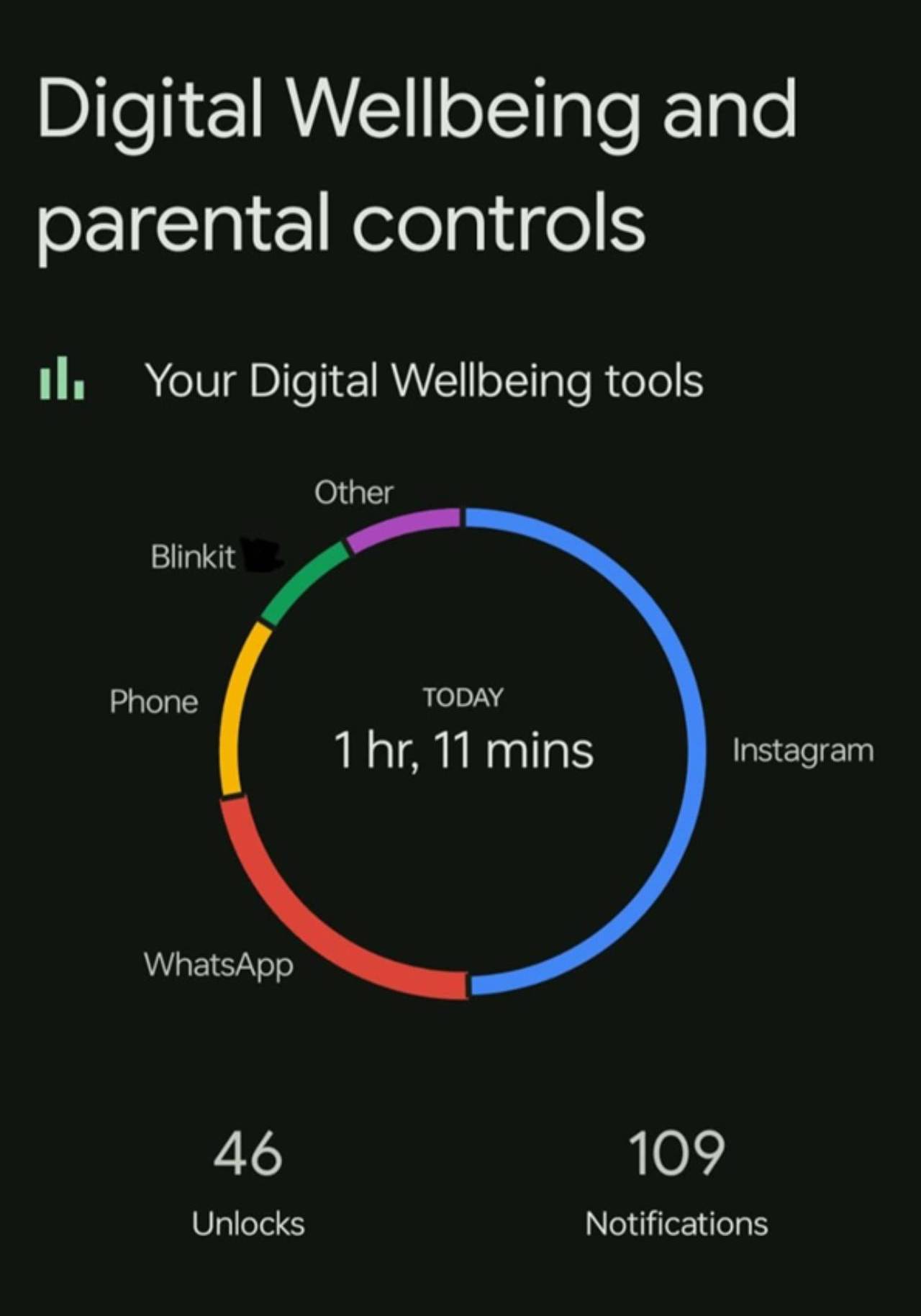
Google’s Digital Wellbeing program is an ideal example of a product designed with long-term user well-being in mind. With this, Google took a step in the right direction to balance its entertainment suite and allow thoughtful use of its products. While app timers are also built in for some apps, the digital wellbeing features give a centralised view, thereby ensuring that ‘bad habits’ are tracked properly.
App timers and dashboard: Enables users to monitor and restrict time spent on distracting apps.
Focus mode: Suspends distracting apps to enhance concentration.
Bedtime mode: Decreases blue light exposure and quiet notifications for improved sleep.
Heads up: Reminds users when they’re walking and staring at their phone.
These features indicate that Google prioritises user wellness over engagement. By assisting users in taking back control of their screen time, Google earns trust and long-term loyalty instead of short-term addiction.
To conclude, the challenge for the modern product manager lies in building great products while acting as responsible guardians of user well-being. True success isn’t just about tracking metrics—it’s also about positively shaping behaviours and mindsets. As the era of profit-first PMs is fading to black, a new generation is making a way that values ethics, sustainability, and long-term impact. Thus, with great products comes great responsibility!
About Post Graduate Diploma in Management (PGDM)
SPJIMR’s Post Graduate Diploma in Management (PGDM) is a two-year, full-time residential programme equivalent to an MBA. PGDM is approved by AICTE, accredited by NBA and AMBA, UK and consistently rates among India’s top 10 management programmes. The programme offers a holistic approach to leadership development with its innovative blend of classroom learning and thoughtfully curated immersive experiences.


